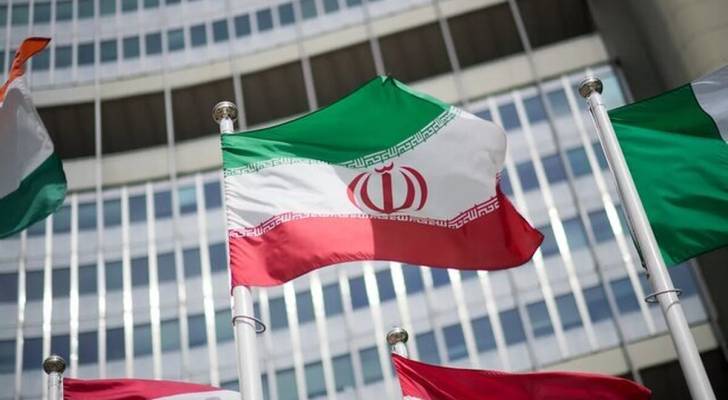Iran's flag
What Europe’s ‘snapback sanctions’ on Iran mean for diplomacy
Britain, France, and Germany have warned they may reactivate UN sanctions against Iran unless Tehran limits its nuclear activities and resumes cooperation with the International Atomic Energy Agency (IAEA).
The European trio, known as the E3, is considering invoking the so-called “snapback mechanism” of the 2015 Iran nuclear deal.
Western countries and 'Israel' have long accused Iran of seeking nuclear weapons, claims Tehran denies. The E3’s warning comes as Iranian officials meet European powers in Geneva for talks on the nuclear program.
The 2015 accord, formally called the Joint Comprehensive Plan of Action (JCPOA), involved Iran agreeing to curb its nuclear program in exchange for the UN lifting international sanctions. The deal was backed unanimously by the UN Security Council under resolution 2231.
Then-US President Barack Obama’s administration inserted a “snapback” clause, allowing any participating state to automatically reinstate sanctions if Iran was judged to be violating the agreement.
“It is a unique Security Council measure that has not been used before and once triggered, cannot be reversed,” analyst Negar Mortazavi from the Center for International Policy told Agence France-Presse (AFP).
Under the mechanism, a participant can notify the Security Council of a significant breach. A 30-day window follows, during which the Council may pass a resolution to continue lifting the sanctions. If the notifying state vetoes the resolution, the sanctions automatically return.
The E3 has indicated it could trigger the mechanism before the October 18 deadline, after which UN sanctions would be permanently removed. In a letter to the UN in mid-August, the foreign ministers of France, Britain, and Germany said, “We are ready... to notify the significant non-performance of JCPOA commitments by Iran,” and could activate the snapback before August 31.
The timing is crucial: by acting before October, the Europeans aim to complete the process before Russia assumes the rotating presidency of the Security Council.
The 2015 agreement has been strained since the US withdrew under Donald Trump in 2018 and reimposed sanctions. Iran subsequently stepped away from its commitments, intensifying nuclear activities, and suspended cooperation with the IAEA following tensions with 'Israel' in June.
Trump attempted to trigger the snapback clause in 2020 but failed due to the US’s earlier withdrawal. Europe maintains it has clear legal grounds to use the mechanism, though Iran disagrees.
“Tehran sees both the US and by extension Europe in violation of the 2015 deal, while Iran was still abiding by its terms,” Mortazavi explained.
Iran has warned it could quit the Nuclear Non-Proliferation Treaty (NPT) if sanctions are reinstated. Should the snapback proceed, the three European nations would reimpose global restrictions on arms, nuclear materials, and banking lifted under the original deal.
French Foreign Minister Jean-Noel Barrot noted the renewed sanctions would target arms and nuclear trade. Mortazavi added that their economic effect would be limited, as Iran is already one of the world’s most sanctioned countries. Still, Tehran is keen to avoid further international isolation and escalating tensions.




